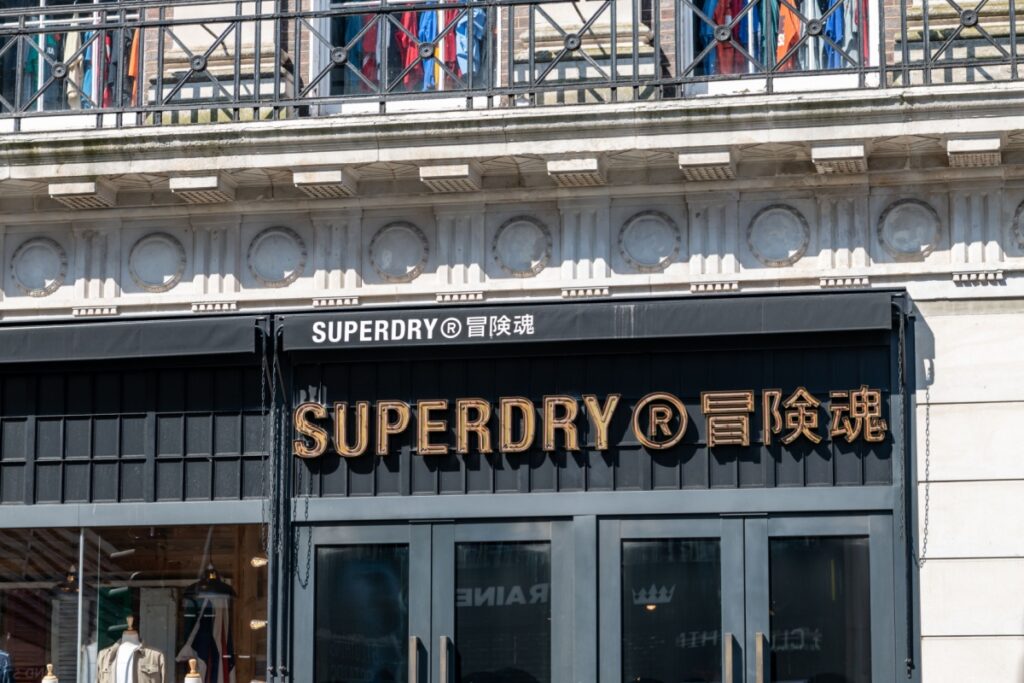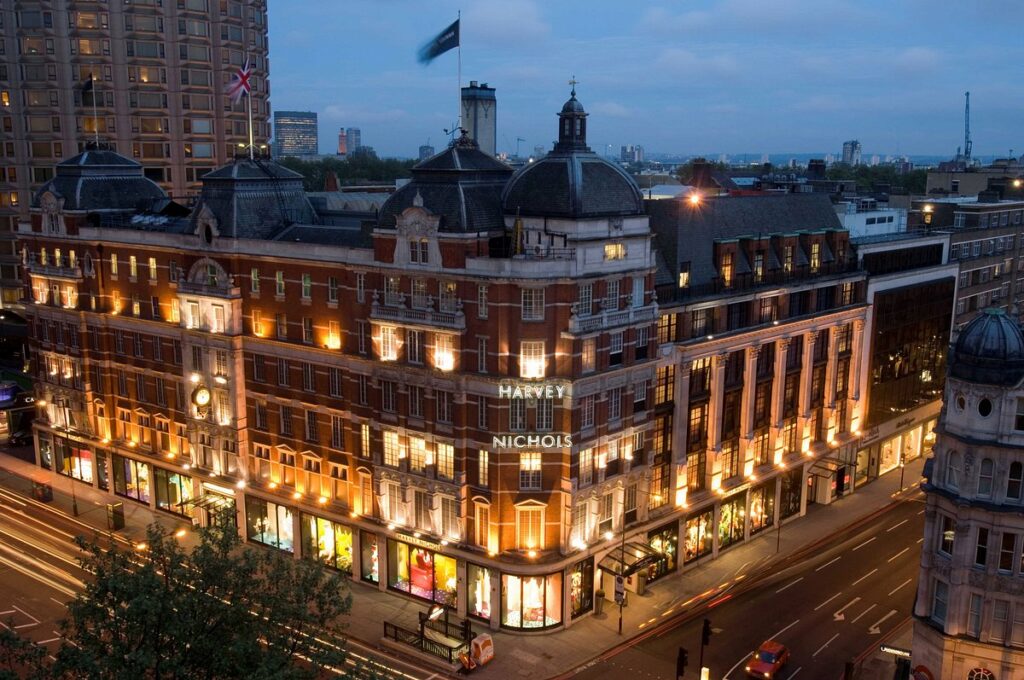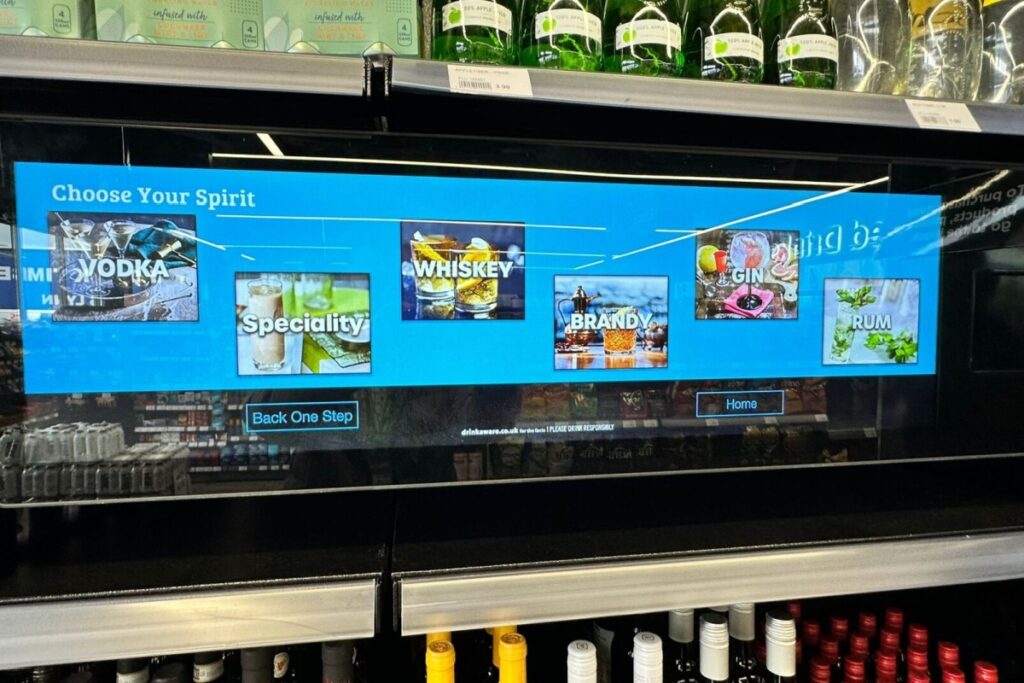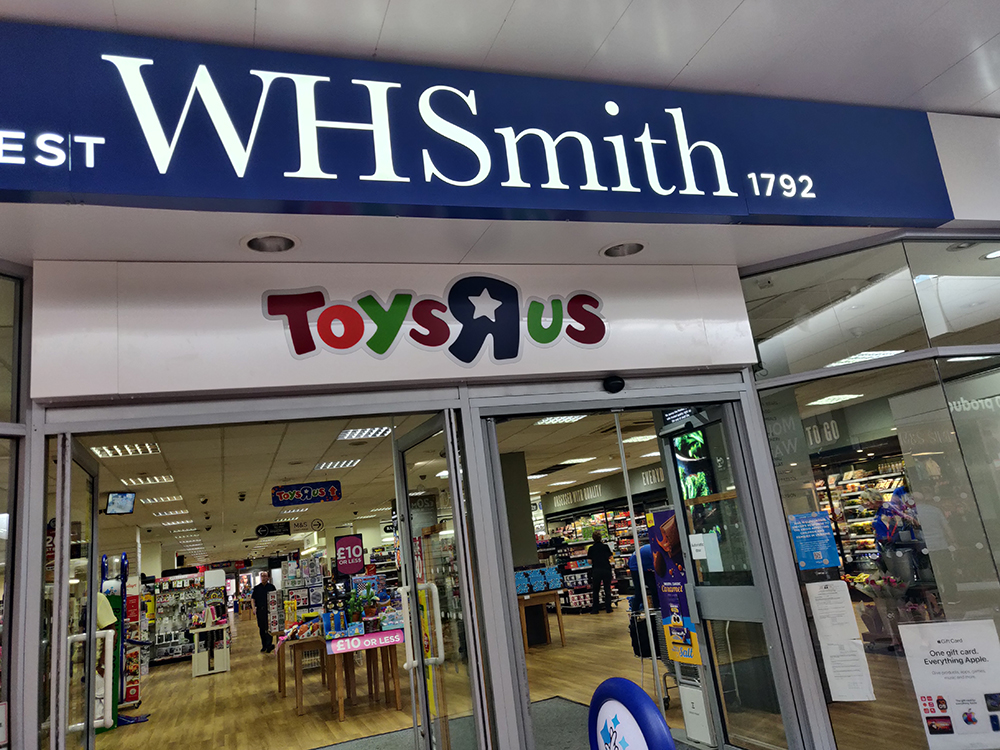After our profile on Mike Ashley in the Retail Gazette last month, it seems the controversial owner of Sports Direct is showing no signs slowing down. The company reported a rise in profits, announcing an 11.8 per cent increase in the quarter to July 2014, despite the negative impact England‘s early World Cup exit had on sales of football merchandise. This good news comes amidst reports that the sporting tycoon is again trying to sell Newcastle United, a collaboration that has become financially beneficial to Sports Direct in recent years.
In a statement release on Tuesday, Sports Direct reported a 12.2 per cent increase in sales to £711.2 million, while gross profit also came in at £301.2 million in an interim statement for the 13 weeks ended 27 July. CEO Dave Forsey said: “As we highlighted at our preliminary results in July, recent trading, including the period since 27 July, has been in line with management‘s expectations with some stronger weeks offset by England‘s disappointing World Cup performance”. The impact of England‘s exit in the group stages of the competition was reflected in the poor figures of the brands division (responsible for selling England replica shirts), where revenue has decreased 7.1 per cent to £47.3 million.
In spite of this strong performance, Mike Ashley has continued to receive criticism from shareholders, who influenced his decision to turn down a controversial £200 million bonus scheme proposed in the summer. Sports Direct‘s AGM took place yesterday, while its next interim results are due to be published on 11 December 2014. At the AGM, Ashley answered reporters‘ questions for the first time, traditionally a private man who shuns publicity.
During the interviews, Ashley admitted that the Newscastle brand had become a source of profitability for Sports Direct, and an aide confirmed that the company made £4.3 million of its £2.7 billion in revenue from the football club. Although this is only a fraction of Sports Direct‘s revenue, it would provide a welcome boost to Newcastle‘s £96 million turnover. Talking on Newcastle‘s impact on Sports Direct on Wednesday, Ashley said: “Other than to say than it‘s been beneficial to Sports Direct and therefore its shareholders, I don‘t think it‘s appropriate to comment.”
The added revenue provided by Sports Direct‘s links with Newcastle has not stopped Ashley trying to sell the football club for the third time. With investors showing growing confidence in potential big takeovers in other sectors, Ashley will hope to shift the football club for a reported sum of around £230 million (double what he was asking for when Newcastle were relegated from the Premier League in 2009).
Ashley is allegedly looking to buy Scottish football club Rangers, but the possibility of a clash between the two clubs in Europe and a consequent conflict of interest has prevented the deal going ahead.

















